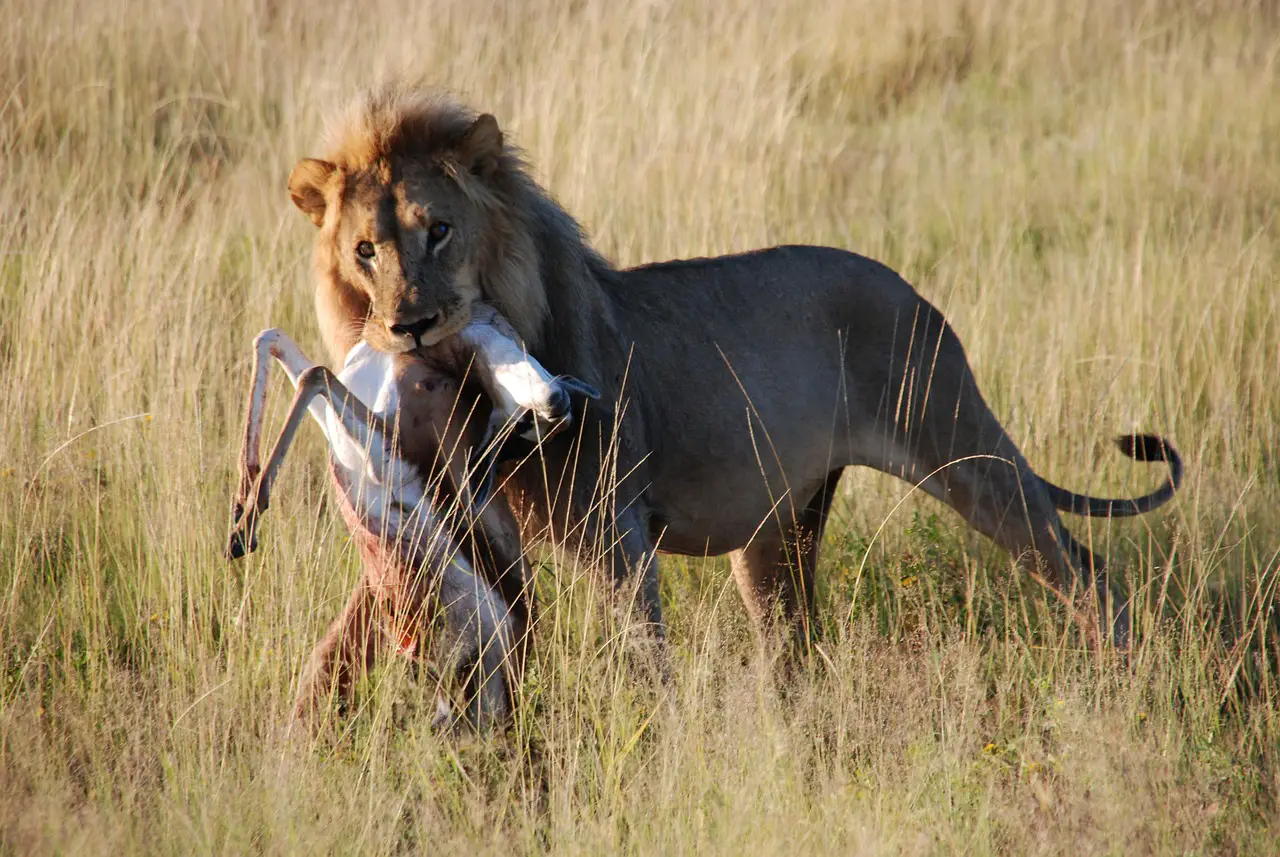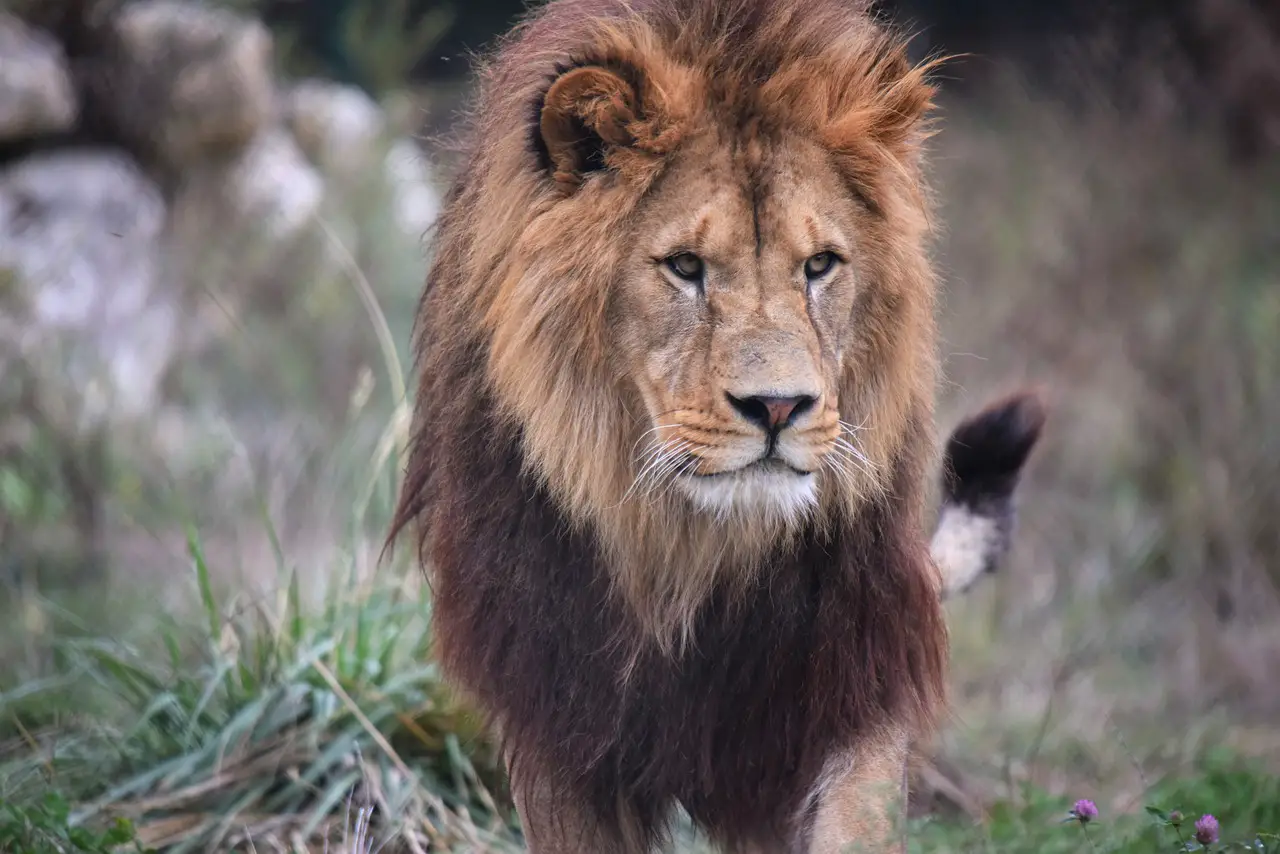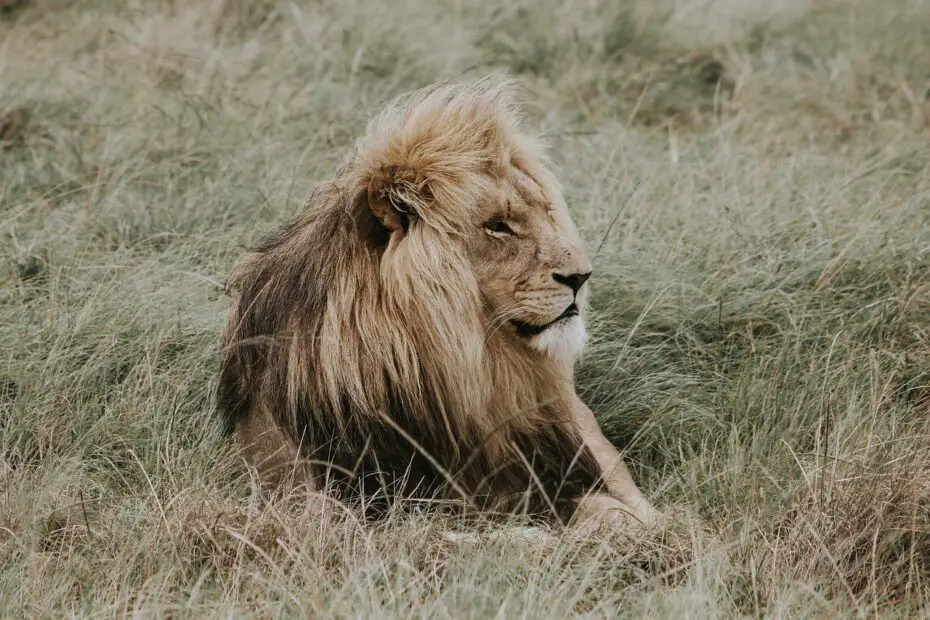When we think of lions, their majestic manes and fierce roars often come to mind. However, the lions weight is another remarkable aspect that contributes to their grandeur. In this article, we will explore the weight of lions, examining factors influencing it, variations among subspecies and populations, and the significance of lion weight in their lives.
You may also want to know if lions are stronger than tigers.
Understanding the Weight of Lions
The weight of lions is an important characteristic that can vary significantly based on various factors. It plays a crucial role in their survival, hunting strategies, and overall fitness. By understanding lion weight, we gain insights into their biology and behavior.
Factors Affecting Lion Weight
Multiple factors influence the weight of lions. These include genetics, age, sex, availability and quality of prey, environmental conditions, and competition for resources. By considering these factors, we can appreciate the complexity of lion weight dynamics.

Average Weight of Male Lions
What is the lions weight? Male lions, known for their iconic manes, are generally larger and heavier than their female counterparts. On average, adult male lions can weigh between 420 to 570 pounds (190 to 260 kilograms). However, there have been records of exceptionally large males weighing over 600 pounds (270 kilograms).
Average Weight of Female Lions
What is the lions weight? Female lions, or lionesses, are smaller in size compared to males. On average, adult lionesses weigh around 280 to 400 pounds (130 to 180 kilograms). This weight difference between males and females is primarily due to sexual dimorphism.
Weight Disparities in Subspecies and Populations
Lion weight can vary across different subspecies and populations. For example, the East African lions, found in the Serengeti region, tend to be larger and heavier than their counterparts in Southern Africa. These variations can be attributed to differences in prey availability and environmental conditions.
The Significance of Lion Weight
The weight of lions holds significance in their social structure and hierarchy. In lion prides, larger males often dominate, establishing their leadership through physical prowess. Heavier individuals may have better access to resources and increased reproductive success.

Lion Weight and Hunting Strategies
Lion weight influences their hunting strategies and success rates. Larger and heavier lions have the advantage of overpowering larger prey species, while smaller individuals may focus on smaller prey. The weight of a lion can determine its ability to bring down prey and sustain itself in the wild.
Weight Variations in Cubs and Adolescents
Lion cubs are born small and vulnerable, weighing around 3 to 4 pounds (1.5 to 2 kilograms). As they grow, their weight gradually increases, reflecting their development and adaptation to their surroundings. Adolescent lions experience growth spurts, where weight gains are particularly notable.
Environmental and Ecological Influences
The weight of lions can be influenced by environmental and ecological factors. Food scarcity or abundance, climatic conditions, and habitat quality all play a role in determining the availability and nutritional value of prey, ultimately impacting lion weight.
Conservation Implications of Lion Weight
Understanding lion weight is crucial for conservation efforts. Monitoring the weight and body condition of lions helps assess their overall health and the state of their ecosystems. Changes in weight patterns may indicate ecological imbalances or threats to their survival.
FAQs
Q1. How much does a lion weigh at birth?
Lion cubs typically weigh around 3 to 4 pounds (1.5 to 2 kilograms) at birth.
Q2. Can the weight of a lion vary within the same pride?
Yes, there can be variations in weight within a lion pride. Factors such as age, sex, and individual hunting success can contribute to weight disparities.
Q3. What is the heaviest recorded lion on record?
The heaviest recorded lion weighed over 800 pounds (360 kilograms), showcasing the exceptional size some individuals can reach.
Q4. How does lion weight impact their hunting success?
Larger and heavier lions have a better chance of successfully hunting and overpowering larger prey species due to their increased strength and size.
Q5. Why is monitoring lion weight important for conservation?
Monitoring lion weight helps conservationists assess the health of lion populations, track changes in prey availability, and identify potential threats to their survival.
Conclusion
The weight of lions is an integral part of their identity and biology. From the impressive size of male lions to the agility of lionesses, understanding lion weight provides valuable insights into their lives. As we strive to conserve these majestic creatures, considering their weight dynamics aids in formulating effective strategies to protect their habitats and ensure their continued existence.
